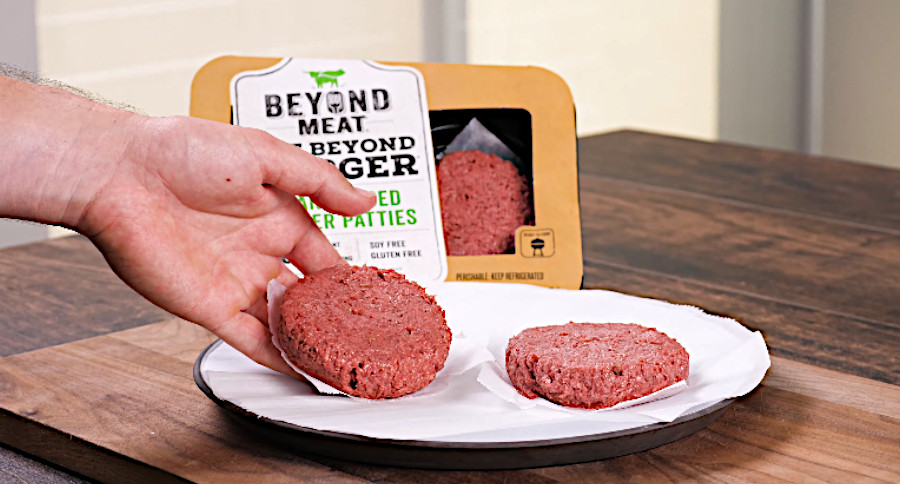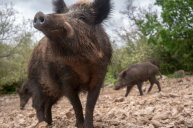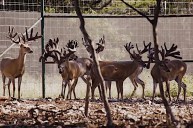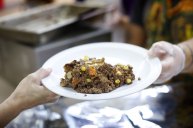What could the meatless burgers industry mean for hunting and wild game consumption?
Have you heard of Beyond Meat, or seen the "Beyond Burger" on any restaurant menus? If you haven't already, odds are you will soon enough. Beyond Meat is not your ordinary meat company. They are a strictly vegetarian meat company, making alternatives to the typical red meat we're so accustomed to.
What's more, the company recently went public and took Wall Street by storm, not to mention a number of food companies by complete surprise.
But could this sudden interest in meatless burgers mean anything for hunting, natural resources and the consumption of wild game meat? Well, let's look at that issue more closely. I only ask that you keep an open mind.
What is Beyond Meat?
Beyond Meat is a California-based company founded in 2009 that now has a line of meatless burgers that can be found side-by-side with real ground beef in the meat case of many grocery stores.
The company only recently went public with an expectation that investments in the grand were going to go for around $20 a share. Instead, they sent shockwaves through the stock market, and shares are selling at nearly $60 apiece.
The first day of trading was quite unexpected, and they quickly offered more shares. According to Vox, they made a cool $240 million with the increase, which they are pumping back into growing the company even more. It seems this move wasn't entirely unanticipated by the meat industry.
It isn't just burgers they're offering up either. They also have a "Beyond Sausages" and "Beyond Beef Crumbles" line, designed to offer more plant-based alternatives. One of their taglines claims they are "The Future of Protein." Their website's mission statement says they want to improve human health, reduce greenhouse gas emissions, and improve animal welfare.
Now, I know some of you are ready to dismiss this company and these people as a bunch of anti-hunting kooks right off the bat. But it's worth mentioning that nowhere on the site do they explicitly say meat, hunting, or "killing animals" is wrong. In fact, it appears they want to appeal to meat eaters like us without entirely condemning meat, so again, let's just keep an open mind for the moment.
It is clear to me the meat industry sees veggie burgers and other meat alternatives will be a growing trend going forward. Tyson Foods is a major investor in Beyond Meat. It's even rumored they tried to buy the company.
You may not have realized it, but Beyond Meat products are already in TGI Fridays, Carl's Jr, and Del Taco food chains right now. Their exposure in grocery stores is still somewhat limited; the biggest chains listed on their website included Safeway, Food Lion, and Jewel Osco. But I imagine it's just a matter of time before a giant like Walmart is involved with selling the Beyond Meat burger too.
Another company, Impossible Foods, just got a major deal with Burger King to supply vegan burger patties for the chain's "Impossible Burger." Whether you like it or not, "vegan meat" options are exploding, and I doubt they're going away anytime soon.
But what does this mean for hunting?
The Beyond Burger uses ingredients like beets, pea protein, canola oil, sunflower extract, and potato starch. To the company's credit, it DOES look like a real beef burger, at least in the photos on their website.
Now, I imagine most of the big-time beef producing farmers are going to just continue to do their thing and not worry about it. But I do wonder about the small-time operations that produce both meat and produce. If the market starts dictating bigger prices for the produce products used in these veggie burgers as a result of their success, could some smaller outfits start turning attention towards those exclusively?
I read about many farmers who started focusing exclusively on soybeans for biofuels years ago, simply because it was more profitable.
If something like this were to happen, then you'd have a trickle-down effect. If land is repurposed away from cattle and towards more crops, the local wildlife like deer start flourishing.
When deer start reproducing more, the insurance companies see an impact, as car/vehicle accidents increase. When that happens, the insurance companies start pushing state agencies for a reduction in deer.
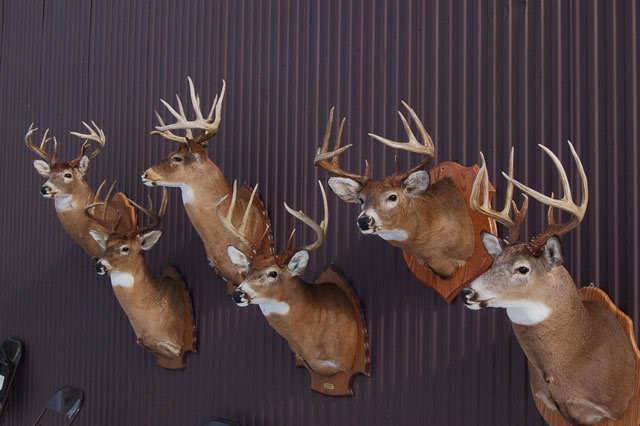
Travis Smola
Now, I don't know for sure if all this is something that could happen. But if the Beyond Burger results in less demand for beef, one can imagine that over time, this could be a good thing for wildlife populations and hunters.
It might even open more hunting opportunities, as farmers look for population control to protect their investments.
I think most of us can agree that the world does go through a bit too much beef. Some of you may be farmers, and may realize that the animals on farms don't always have it as good as wild animals either. I'm a bit open-minded on this. If slightly less demand for beef can make conditions better for them and give us back some open areas for wildlife like deer and elk and more hunting opportunities, I'm not totally opposed.
Could a boom in hunting be coming?
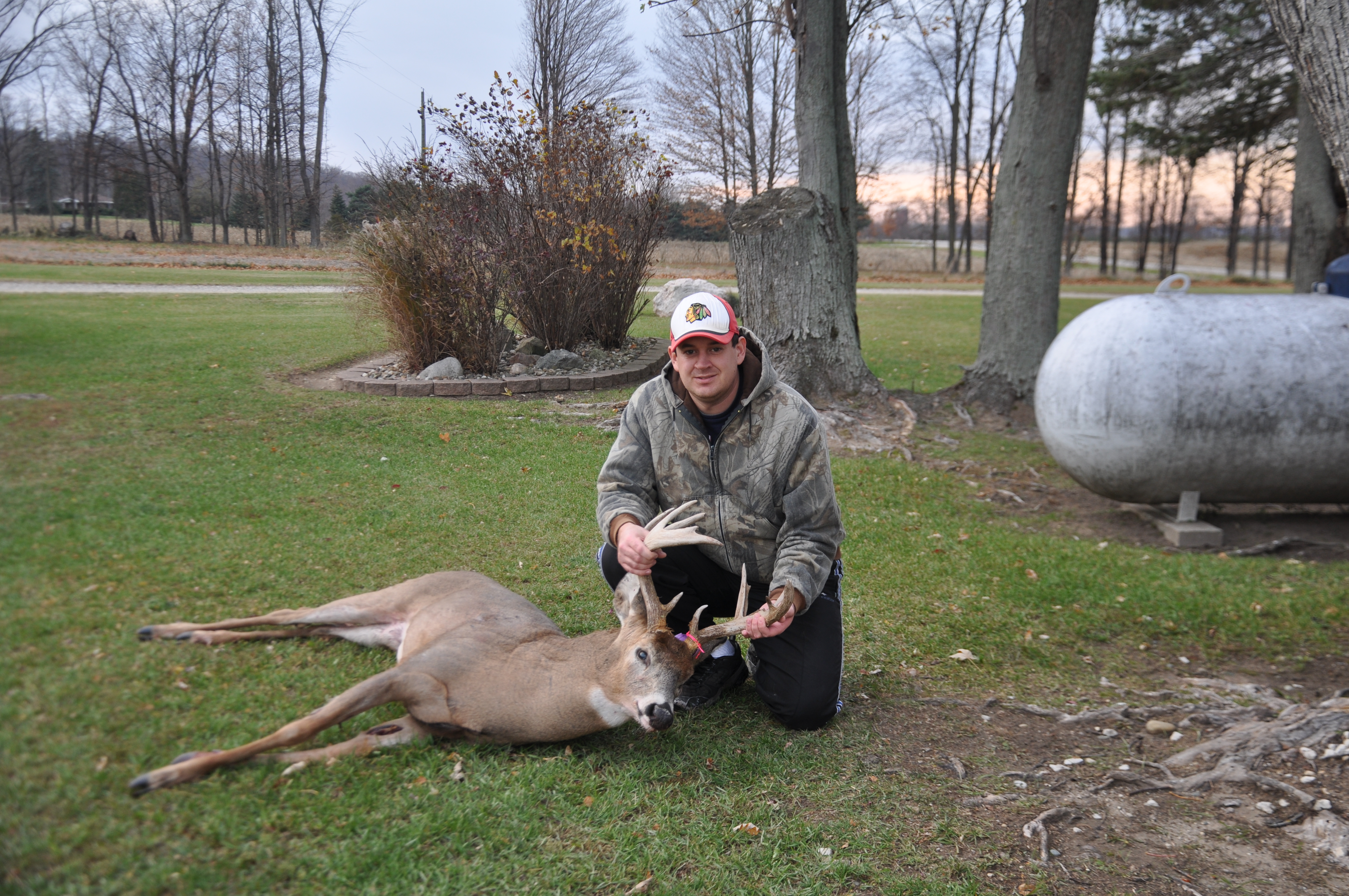
Travis Smola
I've written in the past on how I feel like hunting is slowly dying out. In another few hundred years, I seriously doubt there will be anyone sitting in a treestand in the Michigan woods on November 15 waiting for a big buck with shotgun in hand like I do every year. This is just the grim reality we must deal with, and stuff like the Beyond Burger reinforces it for me.
But at the same time, I often wonder why there hasn't been a sudden surge in hunters, even as a sustainability fad. More and more people are looking to buy organic products (like these veggie burgers) that are environmentally friendly. Switch on the TV any given night, and you'll find a dozen shows of people trying to go "off-grid" and reconnect with nature or live off the land.
Overall, it seems many humans are trying to live life in a healthier way, be more connected with nature, and have less of an impact on the environment.
So why hasn't there been a surge in hunters getting back to nature to harvest the most organic meat there is in wild animals? After all, a wild whitetail deer lives a better life than most cattle ever will.
Venison is also healthier for you. You're not getting all the hormones and antibiotics that likely get injected into cows at the farm. Many people like knowing where their food comes from, and hunting your own meat is among the best ways to do just that.
I really can't explain it. Maybe it takes just one influential celebrity starting hunting to bring others on board. Maybe we as hunters are too focused on antler sizes and trophies. I can see how that might be off-putting to some people with no knowledge on hunting. Maybe we should instead be pushing hunting more as a sustainable way of getting meat without all the downsides of the big cattle yards.
Then again, maybe it is because it just hasn't happened yet. We need one influential person who shows hunting as a sustainable, earth-friendly option for gathering meat that influences many others to take up a rifle or bow.
I don't know if it would last, especially considering the big learning curve of hunting. But it would certainly be interesting to see.
This could open doors for hunting
I see a lot of potential for growing hunting in the consumers who purchase veggie products like this. Yes, you heard me right. The people buying this stuff aren't who you think they are.
Beyond Meat's CEO, Ethan Brown, told Vox that 93 percent of buyers of their products are also likely to buy real meat.
Maybe they're looking at these burgers because of health reasons. Maybe they're just concerned about saving the earth. It doesn't matter.
To me, that means there may exist some windows of opportunity here. I've seen too many hunters pass off people who buy vegetarian stuff like this as "stupid hippies" or "uneducated losers." If they weren't on our side before, they certainly won't be after that!
The same goes for people who express concerns about protecting our natural resources and environment. Believe it or not, I've talked to vegans and vegetarians who weren't totally opposed to hunting. While they wouldn't take part in hunting themselves, but they saw its use as a management tool or food gathering.
But too many hunters won't even have that conversation with someone who doesn't eat meat. They'll mock and degrade these people. This negative attitude to anyone who isn't exactly like us only distances us further and further from people who could be potential allies to hunting.
If the vast majority of Beyond Burger customers aren't vegetarian or vegan, why are we not trying to reach these people and recruit more hunters?
Maybe you have a co-worker who just doesn't want to support factory farms anymore. This is when you educate on how much healthier and sustainable wild game meat is.
Maybe you also extoll the benefits to wildlife that come from buying a license and helping manage a healthy population of over-populated herds.
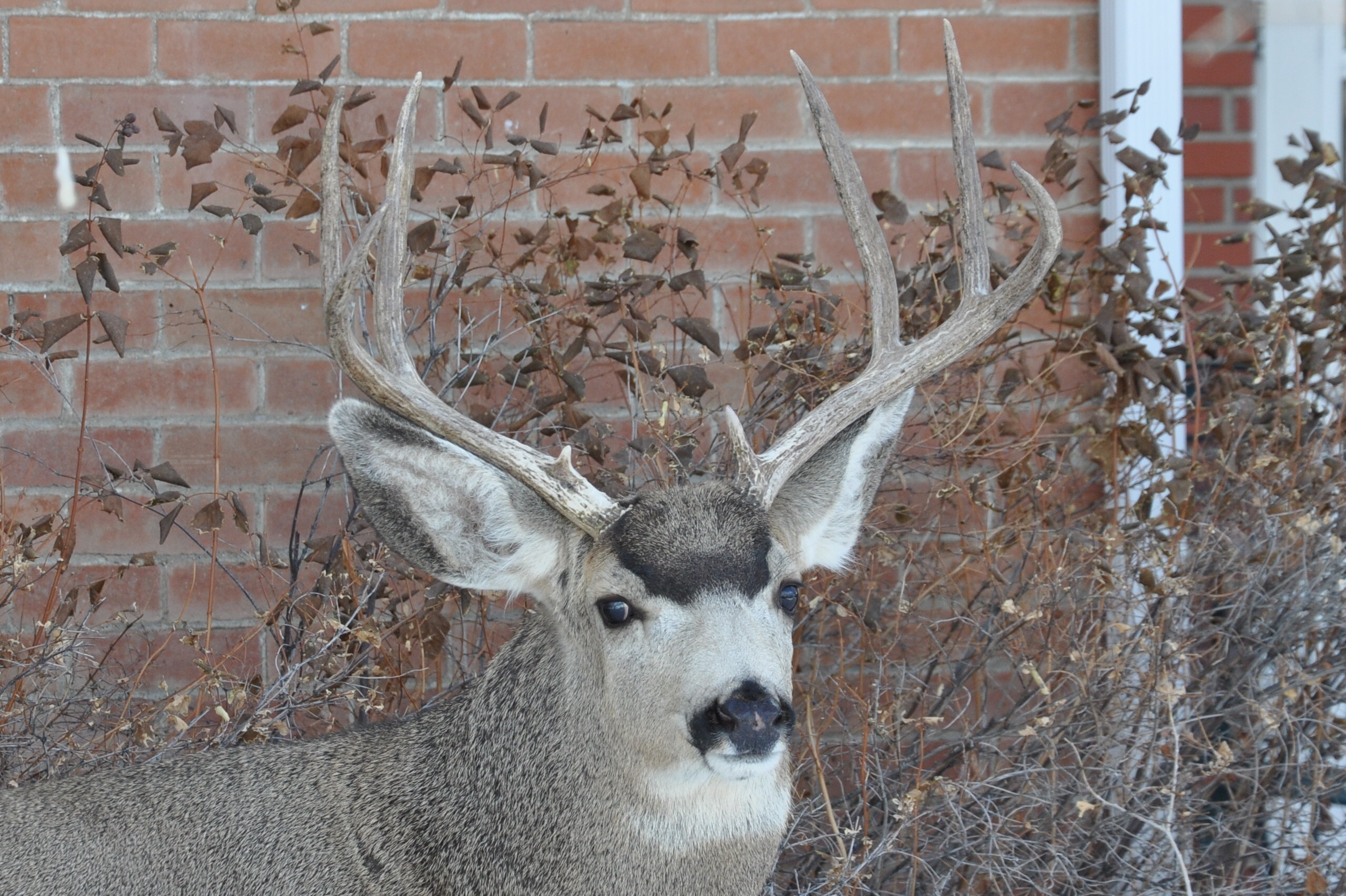
Travis Smola
Guys like Steve Rinella have the right idea. He puts a heavy focus on hunting's benefits, but also on what happens after the harvest in a way that is non-intimidating. It's a great approach that even non-hunters can find interesting and appealing.
The bigger point I'm trying to make here is that there is a huge interest in alternatives to farmed meat and poultry, as Beyond Meat's soaring value shows.
We all know the benefits hunting and fishing have on our wildlife and nature in general. Now is the time to reach out to the consumers of this product and recruit new outdoorsmen and women into our ranks.
Framed correctly and respectively, this could be the start of that hunting boom I talked about. Let's make it happen. Let's make it a point to start right now, and there's few ways it won't benefit us and our hunting heritage.
For more outdoor content from Travis Smola, be sure to follow him on Twitter and check out his Geocaching and Outdoors with Travis Youtube channels.
NEXT: YES, YOU CAN ACTUALLY PLAN SOME PRETTY COOL SUMMER HUNTING TRIPS
WATCH: TELLING THE HUNTING STORY MIGHT JUST SAVE IT
